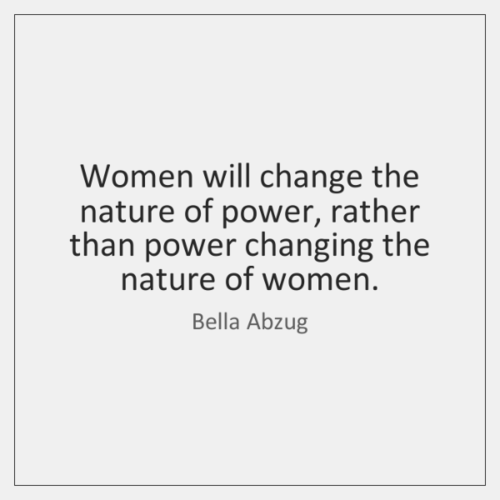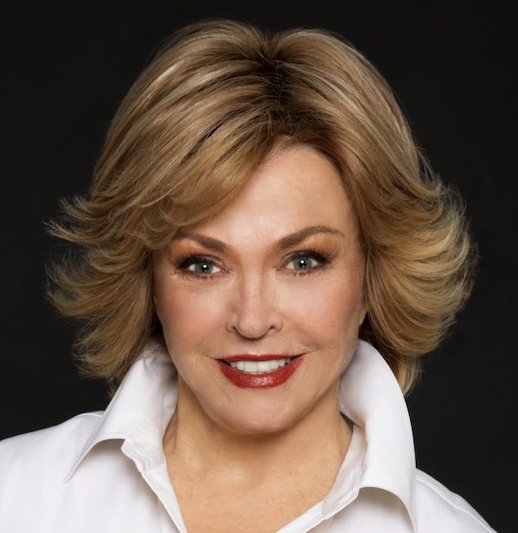Earlier this year, I was asked to talk about what’s at stake in this election for women for a video entitled “What will it take to #RepresentHer.” For too long gender has determined who holds the decision-making power in this country and around the world — and that needs to change. Tuesday’s election is just one tool we have in working towards achieving equal representation of women in not just politics, but in every sector of our society.
Why is that so important? I’ll let these women tell you why.
I said that what’s at stake is transforming the power paradigm in this country. Some power is easy to recognize and name — the boss is the boss, business success is apparent in the bottom line, and politicians pass laws that impact us all. But in other ways, power registers unconsciously, and many of our associations with it are negative. What is the face of power that comes to mind for you?
Odds are, when you think about power, you likely think about men. In government, corporate boardrooms and in media, our leaders are overwhelmingly male. And when we read the headlines and see evidence of a power paradigm that oppresses, violates and abuses, power winds up seeming like something we should try to avoid, not attain.
It’s because of this that I believe it’s vitally important that women talk about and work towards transforming this power paradigm. And I believe that equal representation in all sectors of society is the way to do it. It’s the crucial societal shift that needs to happen to make this moment have meaning and for real institutional change to emerge.
Women running for office across the country, borrowed from The Cut.
We all know the numbers, for every woman in political office in the U.S., there are three men. This year, the “Year of the Women,” the truth is that “even the tidal wave of women running probably will not be enough to get one woman into office for every man.” But it’s a start and as Cori Bush, a Democratic House candidate in Missouri notes, “Every bit counts, and the fact that we have just more women this cycle” makes a huge difference for the future.
Women who are already leading as corporate executives, builders, architects, designers, teachers, journalists, storytellers, activists and, yes, political representatives, are providing more and more evidence of the unique assets of women as leaders. When women lead from our unique values, we can transform the way that power is perceived, created and exercised. Women with the power to lead are already putting domestic policies in place that promote economic equity, the opportunity for education and good health care, environmental sustainability, and international policies that support negotiation and peace rather than conflict.

Two years ago, I served as facilitator for The Rockefeller Foundation at a convening of women leaders in government, business, activism and academia from around the world. Together, we worked on a list of the leadership qualities and values that we endorsed as transformative, including empathy, an appreciation for collective action, perseverance, courage and using power to empower others. Many of these qualities are ones that are associated with women, but both men and women can and do practice feminine leadership. Feminine leadership is more collaborative, consensual, and more likely to cooperate with members of opposing political parties.

I have faith that women will connect with our assets and together, with the same kind of faith, hope and passions with which we launched the abolition movement in the 18th century and fought for the right to vote in the last one, we will work to transform the power paradigm — and the world in the process. As one of my personal heroes, Bella Abzug, said nearly 40 years ago, “Women will change the nature of power, rather than power changing the nature of women.”
Hope is a form of planning… so let’s start by voting on Tuesday and begin the work to fully engage all our assets, individually and collectively, across generations and gender, to stop climate change, to end sexual violence, to guarantee economic opportunities for women and girls of every culture and class, and to demand full human rights and full emancipation for everyone. We will change the nature of power together for a more sustainable, peaceful and prosperous future.
Onward!
-— Pat


